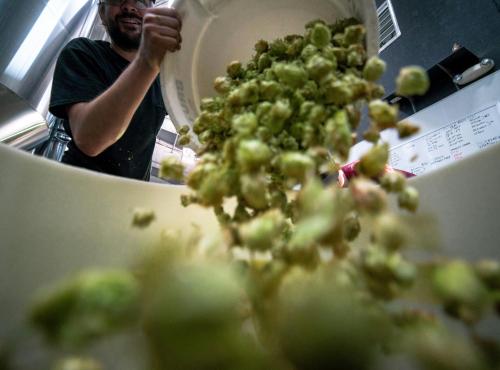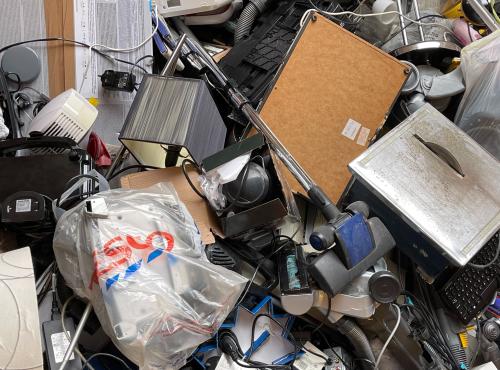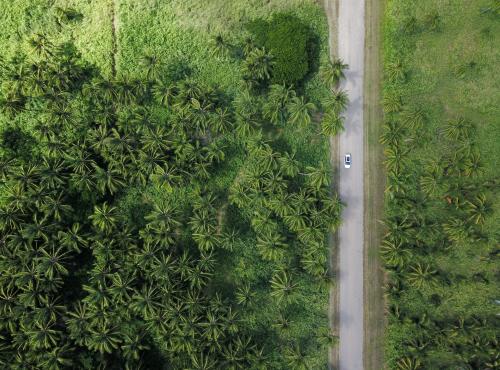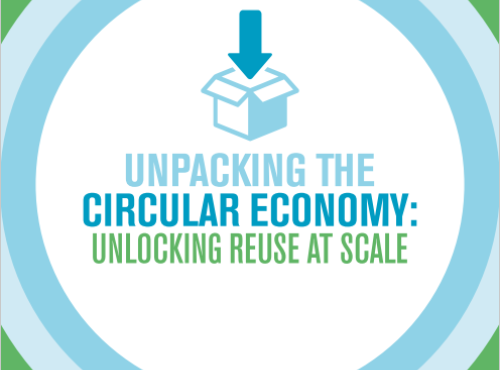Policy Reform for Waste Electrical and Electronic Equipment
Policy Connect and the All-Party Parliamentary Sustainable Resource Group were joined by members of the sustainable resource community for an insightful discussion of Waste Electrical and Electronic Equipment (WEEE) regulations and management in Parliament.
According to the United Nation’s Global E-Waste Monitor, e-waste is the world’s fastest growing domestic waste stream, with global e-waste expected to reach 74 million metric tonnes by 2030.
With the Department for Environment, Food and Rural Affairs recently announcing a consultation on proposed reforms to WEEE policy, this was an opportune moment to consider sustainability issues related to the design, production, use, and end-of-life management of electronics in the UK.
Chaired by Barry Sheerman MP, the session opened by examining the complexities in flow of e-waste, with participants noting that to advance towards a circular economy, addressing all WEEE activities, including informal reuse and refurbishment, is crucial.
Agreeing on the importance of improving e-waste management, panellists detailed the need for policy reforms to reduce inefficiencies, strengthen enforcement mechanisms, and more effectively measure success.
The role of the public, local authorities, and government in promoting repair culture, social value, and knowledge was also considered. Lack of public knowledge regarding device repair or reuse options was highlighted as a significant challenge to better e-waste management.
To address these challenges, participants suggested the importance of education and awareness campaigns, incentivising reuse, optimising infrastructure, refining regulations, and simplifying disposal processes.
The session featured insightful presentations from:
- Louise Grantham (CEO, Repic)
- Helen Milner OBE (Group CEO, Good Things Foundation)
For more information, please contact katy.haigh [at] policyconnect.org.uk (katy[dot]haigh[at]policyconnect[dot]org[dot]uk).



